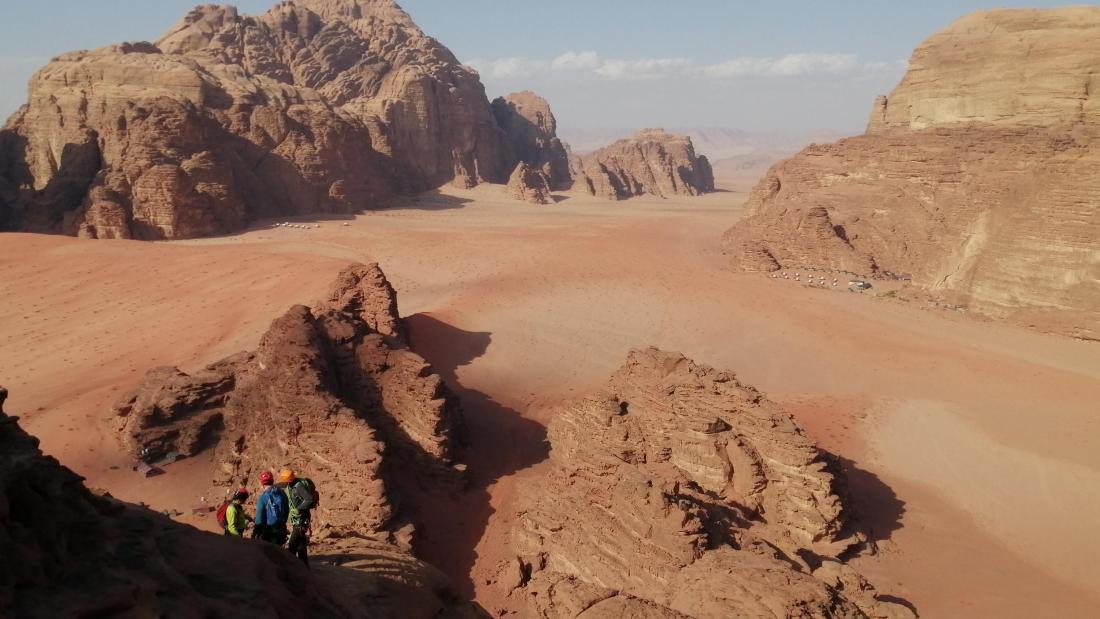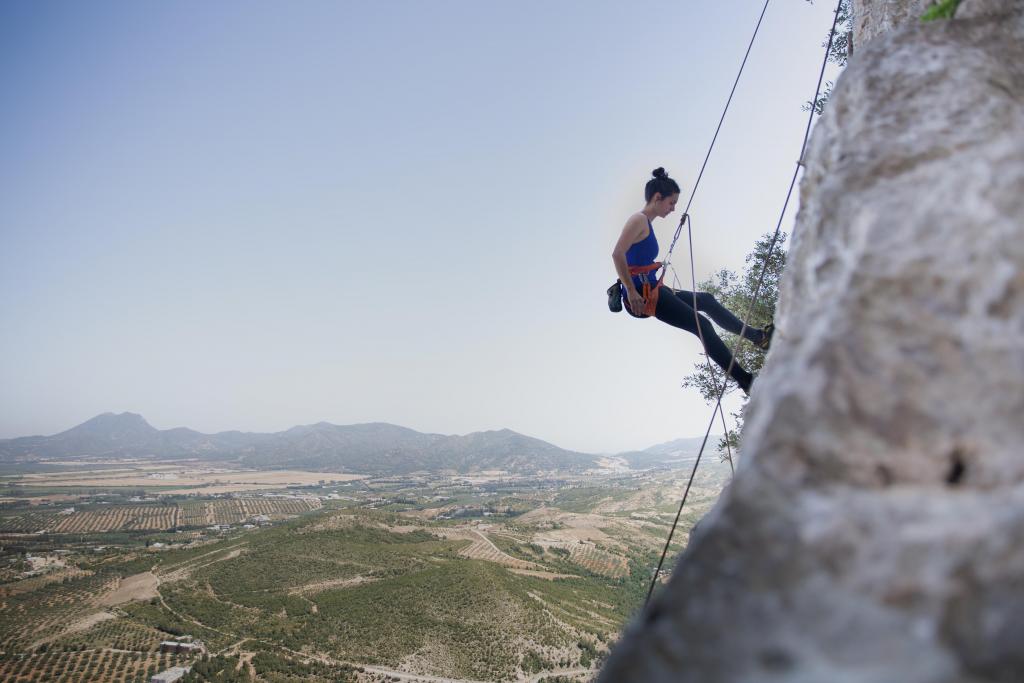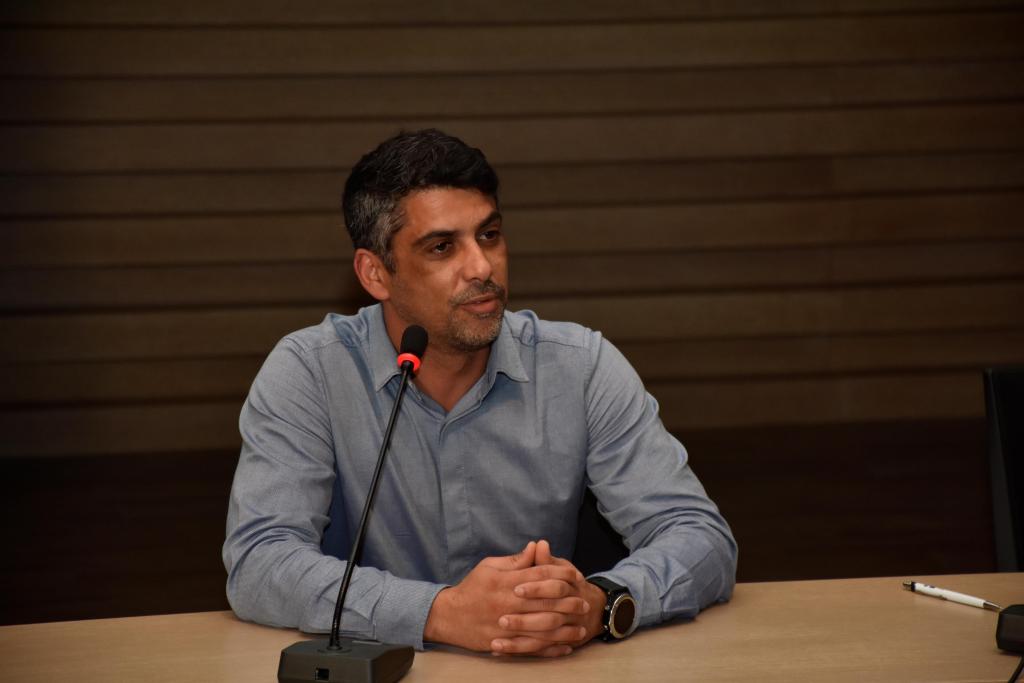MEDUSA Project: A Game Changer for Adventure Tourism in Jordan and Tunisia

The MEDUSA project has been a significant game changer in the adventure tourism industry of Jordan and Tunisia. In this article, we will explore the perspectives of two of the MEDUSA project partners in these two countries represented by Rawan Atallah, a tourism consultant ]who has been involved in the project on behalf of the Jordan Inbound Tour Operators Association and the Royal Society for the Conservation of Nature and Majdi Calboussi, who has colaborated in the project representing the the World Wildlife Fund Africa (WWF) and the Tunisian Ecotourism Network.
Rawan Atallah highlighted that Jordan had already started adventure tourism before the MEDUSA project, but the project had played a crucial role in capacity building, product development, and marketing. The project's methodology was inclusive of the different countries' needs, and the interventions focused on building capacities, product development, and marketing for all countries. She also emphasized that being part of the Mediterranean Adventures brand was crucial as it focused on the destination rather than just the country, highlighting the treasures in every country and every destination that was part of MEDUSA. According to Atallah, the next step for MEDUSA is to market the destination. To achieve this, the project created marketing alliances and an online marketplace to promote destinations, including those beyond the MEDUSA project.

On the other hand, Tunisia, a country known for its beaches and historical sites, has never been considered a destination for adventure tourism. However, in recent years, there has been a shift towards sustainable tourism, and the MEDUSA project has played a key role in developing adventure tourism in Tunisia. Calboussi highlighted the importance of MEDUSA in creating a framework for adventure tourism in the country. The project has provided sub-grants for innovative projects, resulting in the development of unique and exciting tourism products in Tunisia. One of these products is the Via Ferrata activity in Ben Arous which is a unique in Tunisia and did not exist before MEDUSA. This demonstrates the potential for adventure tourism in the country, and the positive impact that MEDUSA has had on the industry.

Looking to the future, adventure tourism in Tunisia is seen as a promising niche that could significantly contribute to the country's touristic sector. Calboussi emphasizes the need to market destinations rather than a single destination, which would help develop the industry and bring more economic value than the traditional tourism. In addition, the Covid-19 pandemic has brought about a change in the types of tourists, with people seeking to connect with nature and avoid crowded places. Adventure tourism, with its focus on outdoor activities, is well-positioned to attract these tourists.
A recent analysis of the impact of MEDUSA has shown that the project has contributed to the development of two new products in adventure tourism, and there is now more diversity in the industry. The project has also provided training for tourism operators, which has helped to improve their offerings.

In conclusion, the MEDUSA project has had a significant impact on the development of adventure tourism in Tunisia and Jordan, creating unique and innovative tourism products, and providing training for operators. The future of adventure tourism looks promising, and if marketed correctly, could significantly contribute to the countries' tourism industry.









